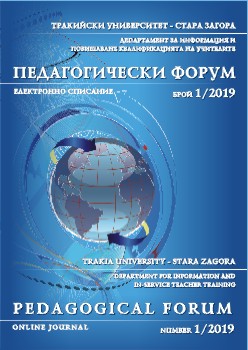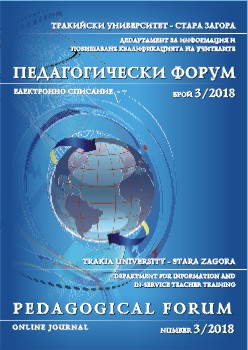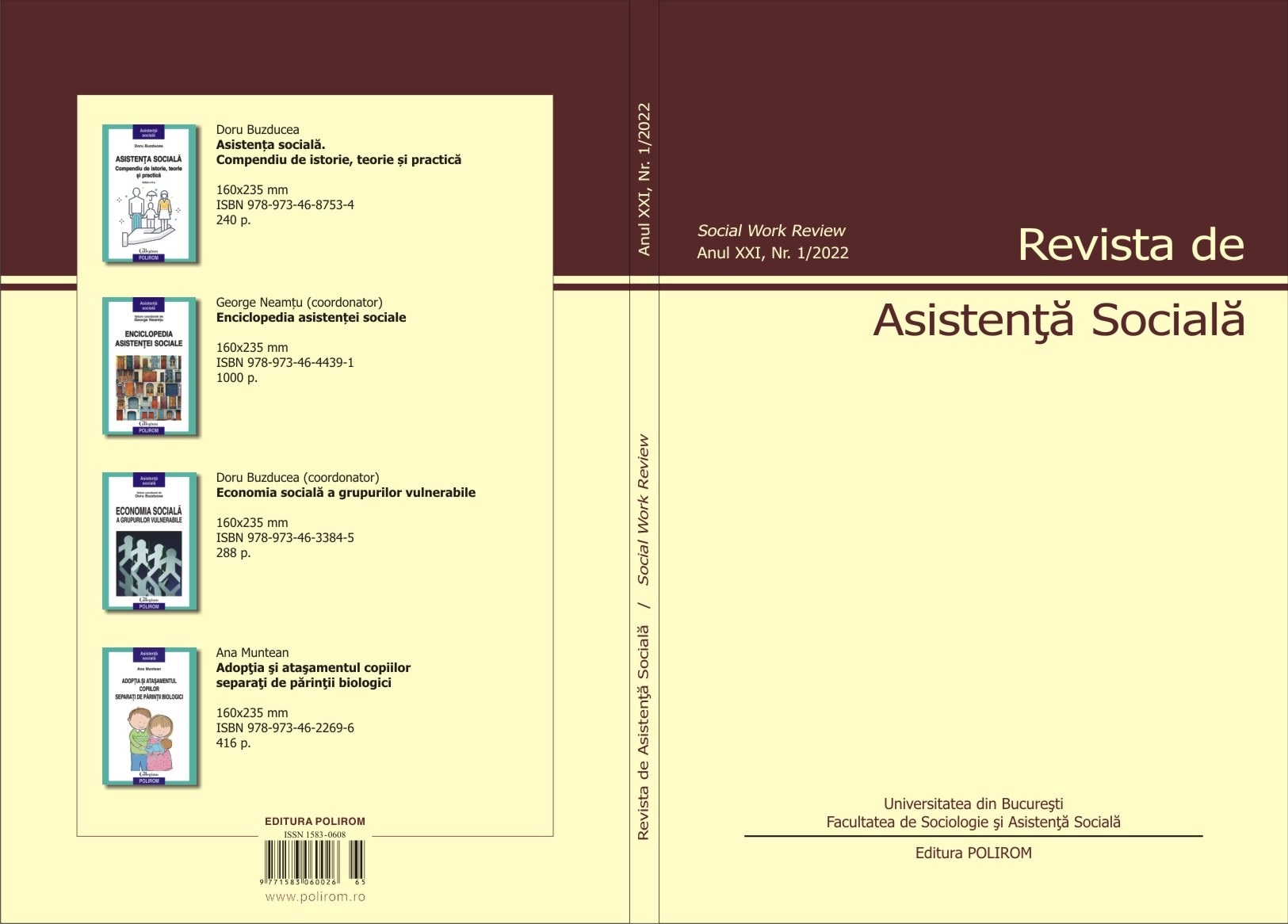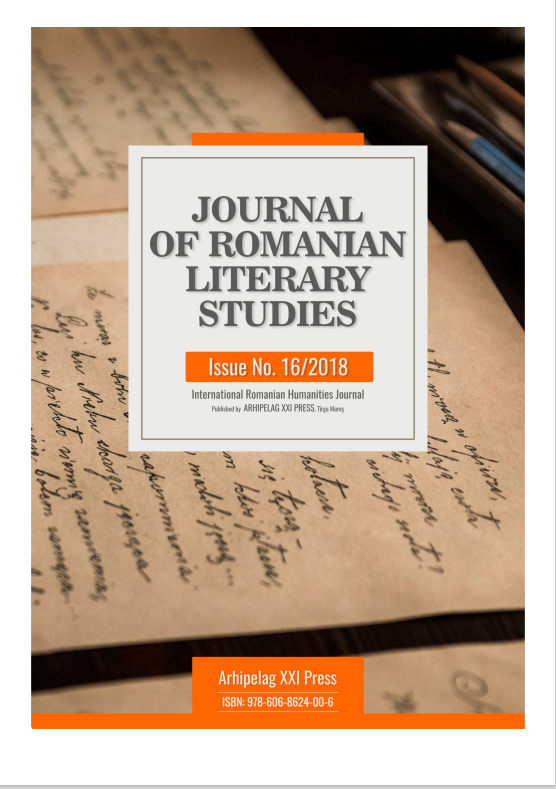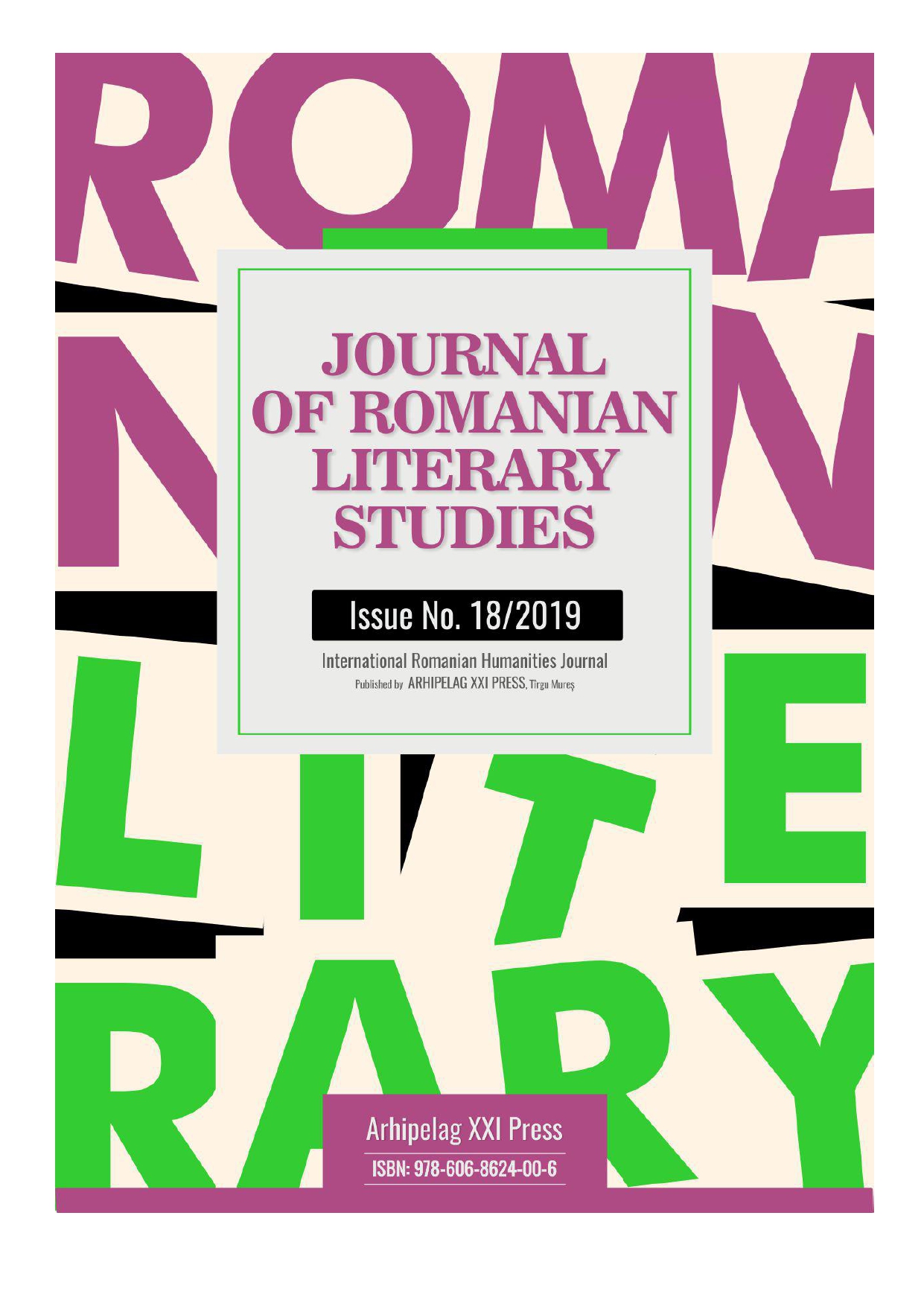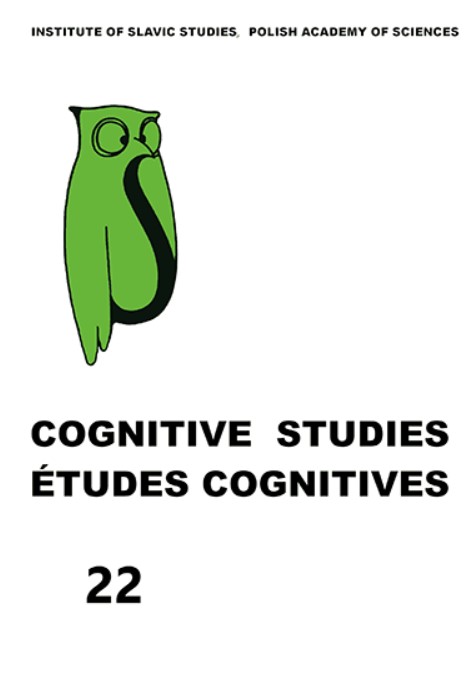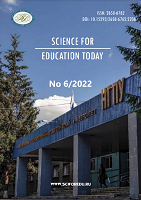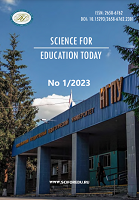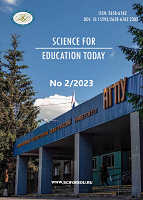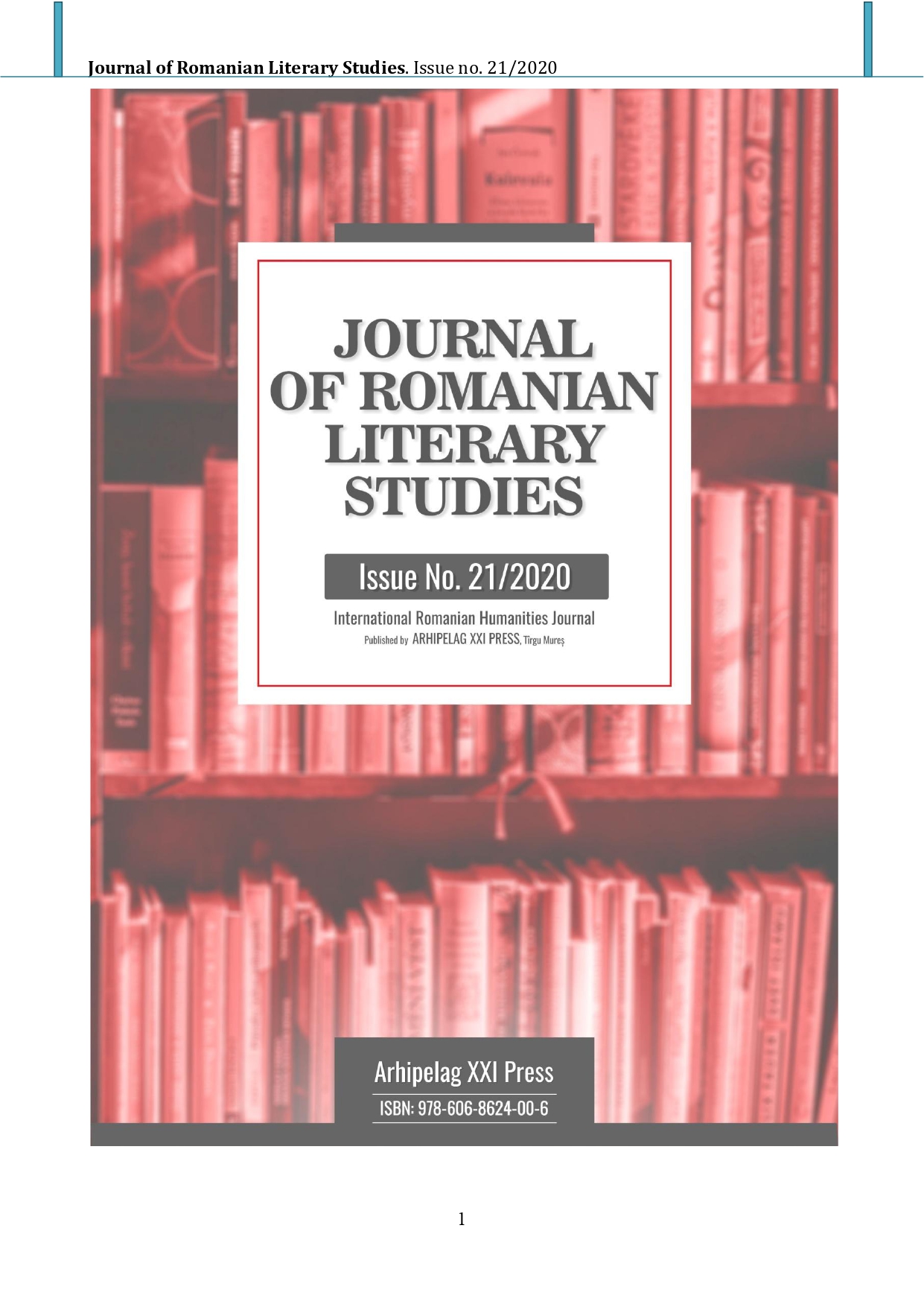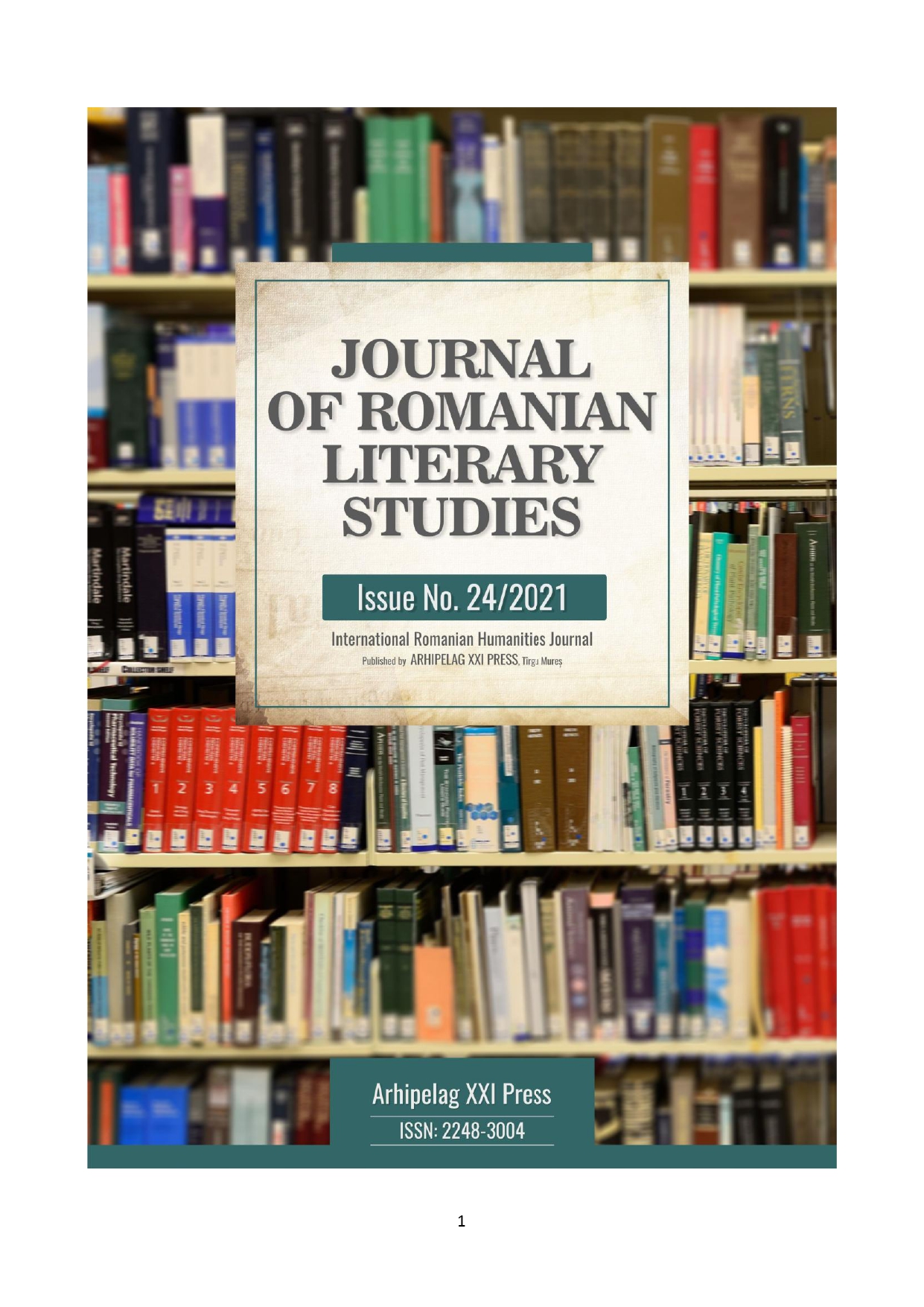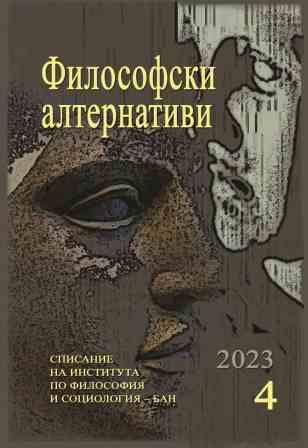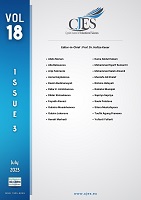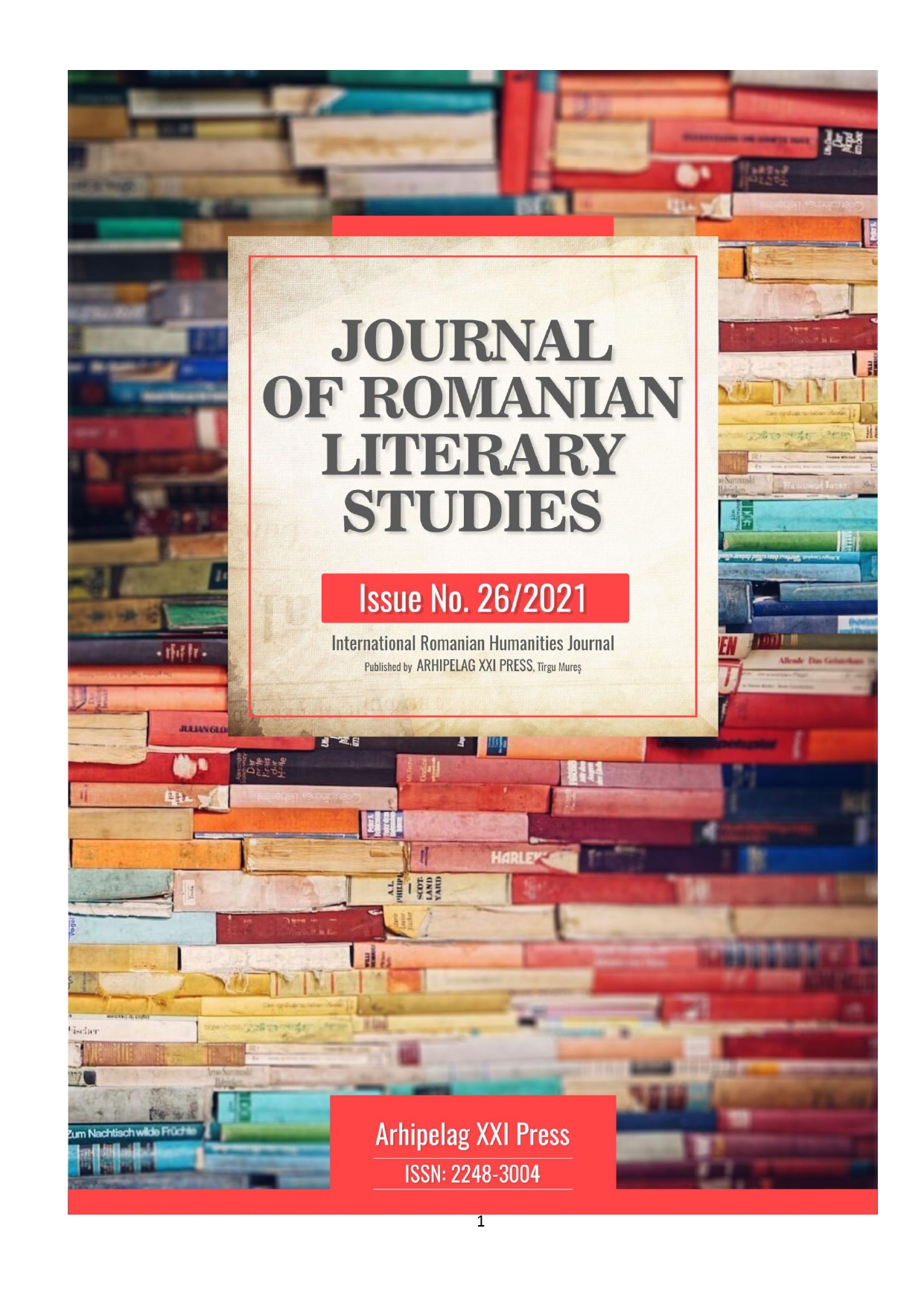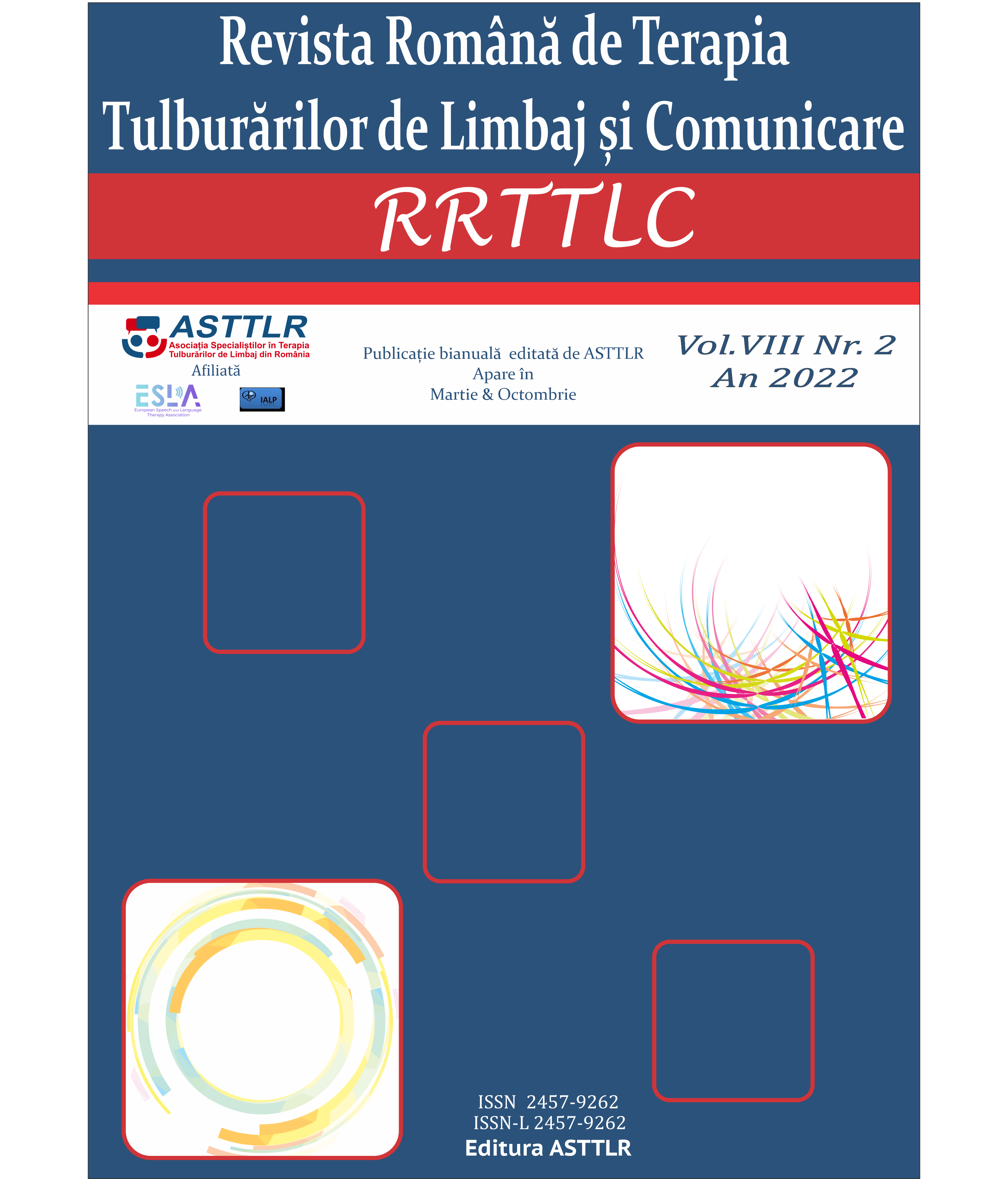Author(s): Tereza Yurevna Azatyan,Olga Yuryevna Piskun / Language(s): English
Issue: 1/2023
The ability to orientate oneself in space is one of the basic requirements for the harmonious development of a person. The problem of human orientation in space is very complex. It includes both ideas about the size and shape of objects and the ability to distinguish the location of objects in space, and understanding different spatial relationships. The concept of spatial orientation includes the evaluation of distances, sizes, shapes, mutual position of objects and their position relative to the orienting object. Spatial orientation is significantly impaired in mentally handicapped children, since the impairment of mental development not only limits their motor activity, but also negatively affects the development of time representations, musculoskeletal functions and leads to a decrease in compensatory processes. The purpose of this study is to identify spatial orientation and constructive praxis disorders in normally developing and mentally retarded children aged 8-11 years. Materials and Methods. The methodological basis of this research investigation was scholarly literature devoted to studying nervous functions in children with mental development disorders and interhemispheric asymmetry of the brain, regulation of these functions, identifying difficulties, modeling the system of work with these children and constructive praxis disorders in normally developing and mentally retarded children aged 8-11 years (Boguslavskaya, Miroshnichenko, 2019, Maryutina, Yermolaev 2001, Reuter-Lorenz and others, 2000, Azatyan2022). The study was conducted in the research laboratory of the Faculty of Special and Inclusive Education at the Armenian State Pedagogical University after Kh. Abovyan and research laboratory in Armenian state institute of physical culture and sport. A total of 131 children aged between 8 and 11 years participated in the study, including 73 healthy schoolchildren and 58 children with mild mental retardation. The degree of intellectual disability was assessed based on medical indications, degree of social adjustment, level of intellectual functioning, and learning outcomes in special education classes. Each category of participants was divided into 2 age groups: 8-9 years old and 10-11 years old. Results. The article discusses the main issues of studies of spatial orientation and constructive praxis in normally developing and mentally retarded children aged between 8 and 11 years, provides a scientific rationale for the problem, taking into account previous research investigations. However, the problem of mentally retarded and normally developing children in this age group remains virtually unexplored. Analysis of research findings allows the authors to identify and summarize the following important points: - mentally handicapped primary school children lag behind their healthy peers in all indicators examined; - 8- and 9-year-olds have less developed practical spatial orientation skills than their older peers; - Intellectually disabled peers have underdeveloped spatial orientation skills and constructive practice, making it difficult to understand spatial relationships between objects. The experimental study of task performance revealed interesting data, which will serve as a basis for developing the necessary means, methods and conditions for the development of elementary practical orientation in mentally disabled primary schoolchildren. The authors have uncovered violations of spatial orientation and constructive praxis in normally developing and intellectually disabled children aged 8-11 years that highlight the limited and incomplete verbalization of spatial relationships of objects in intellectually disabled children. The listed errors in general are reduced to the use by mentally retarded schoolchildren of imprecise, vague spatial characteristics instead of more differentiated ones. Conclusions. Thus, the results of the conducted experimental research testify to the insufficient development of the elementary practical orientation and understanding of the spatial relationships of objects in mentally retarded children of primary school age.
More...
